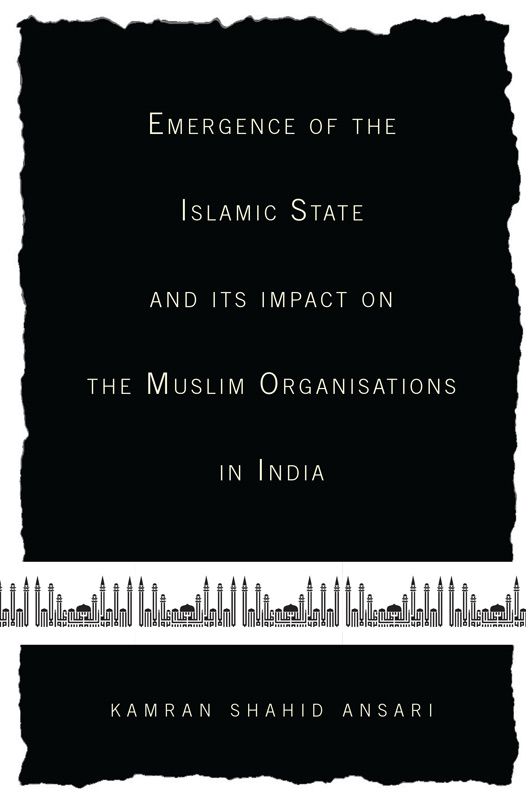Subjects
Emergence of the Islamic State and Its Impact on the Muslim Organisation in India
Kamran Ansari
The declaration of the caliphate by Abu Bakr al-Baghdadi on June 29, 2014, caught the attention of the entire globe. Although earlier there had been the rise of the Taliban and the Islamic Republic of Iran which became topics of discussion across the world, the ripples which the emergence of the Islamic State created surpassed all similar precedents. One of the significant differences between the Islamic State and others is that the former has challenged the very idea of sovereignty and refused to accept national boundaries as sacrosanct. Further, the Islamic State tried to gain the support of all Muslims by the use of the term khilafah (caliphate), which, until its abolishment in 1924, was considered as the insignia of Islam by most Muslims
.
The undivided India (home to a significant population of Muslims), enamoured of the caliphate, witnessed the emergence of the khilafat Movement to bolster the crumbling caliphate in Turkey. Now, with the Islamic State claiming the caliphate and demanding the pledge of allegiance from all Muslims, irrespective of their location, it is important to assess its impact on the Muslims in India as they had been in the forefront in the earlier part of the 20th century to save the caliphate
.
This work analyses the impact of the rise of the Islamic State on the Darul Uloom, Deoband, Jamiat-e-Ulema, Tablighi Jamaat and Jamaat-e-Islami, and how this is going to affect the Muslims of India. The work further traces the brief trajectory of Political Islam since 1924 till now, and makes some predictions about the future.


 Political Science
Political Science

